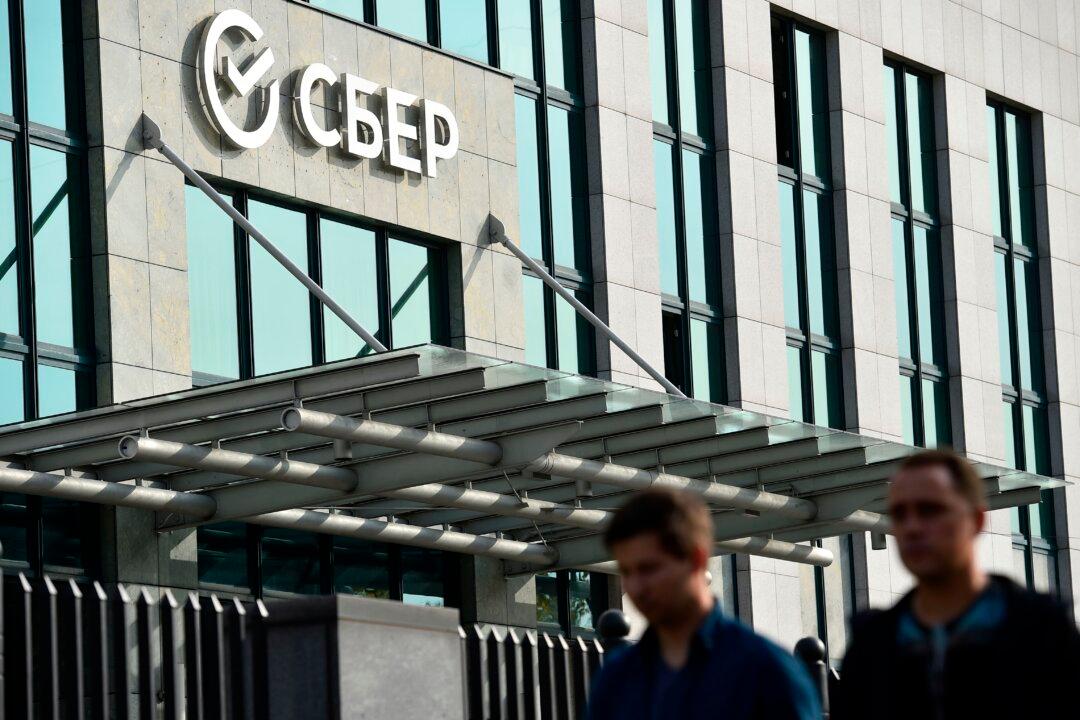Russian banks have shrugged off the impact of Washington’s sanctions, which were imposed following Russia’s invasion of Ukraine, insisting that they continue to function normally.
Sberbank, Russia’s biggest bank, said it was studying the implication of American sanctions. “Sberbank and all its systems are operating normally, their funds and services are available to individuals and legal entities in full. We are ready for any development of the situation and have prepared scenarios to guarantee the protection of funds, assets, and interests of our clients,” the bank said to a Russian News Agency.





